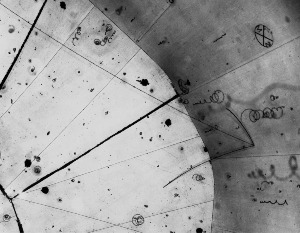
Neutrinos are one of the oldest riddles in physics and astronomy. Thanks to IceCube, though, scientists learned about them.
Neutrinos are particles that have been floating around since the birth of the universe. Since 1931, people have known about neutrinos, but have never been able to detect them due to their very small mass and lacking an electric charge. There are three “flavors” of neutrino: tau, muon, and electron. One type of neutrino can change to another type based on its energy, mass, and how far it has traveled in space.
IceCube is the Antarctican neutrino detector that is operated and managed by UW-Madison. This detector will help scientists all over the world uncover the mysteries of the universe. There are approximately 300 physicists from 50 institutions in 12 countries that make the IceCube Collaboration.
Recently, the National Science Foundation (NSF) has confirmed to donate $23 million to IceCube. They will also get funding from the countries of Japan and Germany, alongside Michigan State University. That will total up to $37 million for IceCube. The money will be used to expand the detector. They will add seven strings of optical modules and 700 new, enhanced optical modules. These upgrades will be installed during the winter of 2022-23.
“Neutrinos are the last unexplored corner of the Standard model of physics,” said Kael Hanson, director of Wisconsin IceCube Particle Astrophysics Center. Working with IceCube will help us discover more about the early universe.
[Source:
news.wi.edu
]

